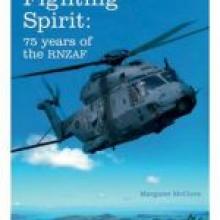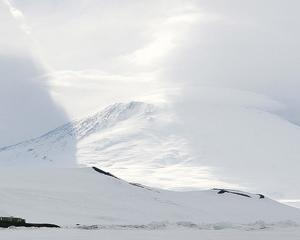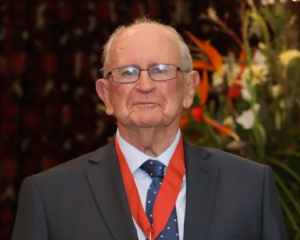
Formed in the 1930s as a response to the darkening international situation, the RNZAF was lucky that it was the favoured military arm of the otherwise anti-military Labour Government. It benefited from this during and up to the end of World War 2.
It terms of worldwide history its first 10 years were its most significant.
Tens of thousands of New Zealand men and women served in the air in the western Europe, North African and Pacific campaigns. They served with great distinction and set a benchmark of professionalism that was to stand them in good stead in future decades when no longer enjoying much government support.
There is a very good account of how the RNZAF's leadership managed to keep the air force in being during the decades after 1945. It became a shoestring air force, famous among other air forces for its ability to repair increasingly elderly and unserviceable aircraft - the old Kiwi "No 8 fencing wire" legend - and to navigate by the stars when modern navigation equipment was lacking.
There is so much to enjoy in this book, and the quality and quantity of the illustrations is superb, that it is a pity the author has often not understood the politics that accompanied it. Perhaps this is a result of RNZAF's imprint.
Nowhere is this more to be regretted than during the mid-1980s when the then Labour government fell out with its major ally and source of funding (the United States) over nuclear issues. The RNZAF's leadership itself echoed the US response. A former chief of air staff, in tones of complete bafflement, once asked me (as I was working in the parliamentary press gallery and so might be presumed to know) if I thought David Lange was serious?
Nor does McClure understand why the newly-elected National government in 1990, so overtly pro-Anzus, did not reverse the policy.
It was because National's polling had told it precisely what Labour's had told it, that it would not be elected as the government unless it was anti-nuclear too. It has taken successive United States governments nearly 30 years to accept the truth of this.
New Zealand's refusal to buy into President Bush's Second Gulf War delayed the inevitable, but our willingness to be part of the coalition involved in Afghanistan, including a substantial air component, has finally turned that around - and we are still non-nuclear. No New Zealand government could afford to budge.
This not the first military history where lack of political understanding has damaged the product. Yet, that aside, this is a riveting read, both for those knowledgeable in air force history and for those coming fresh to it.
• Oliver Riddell is a Wellington writer.












